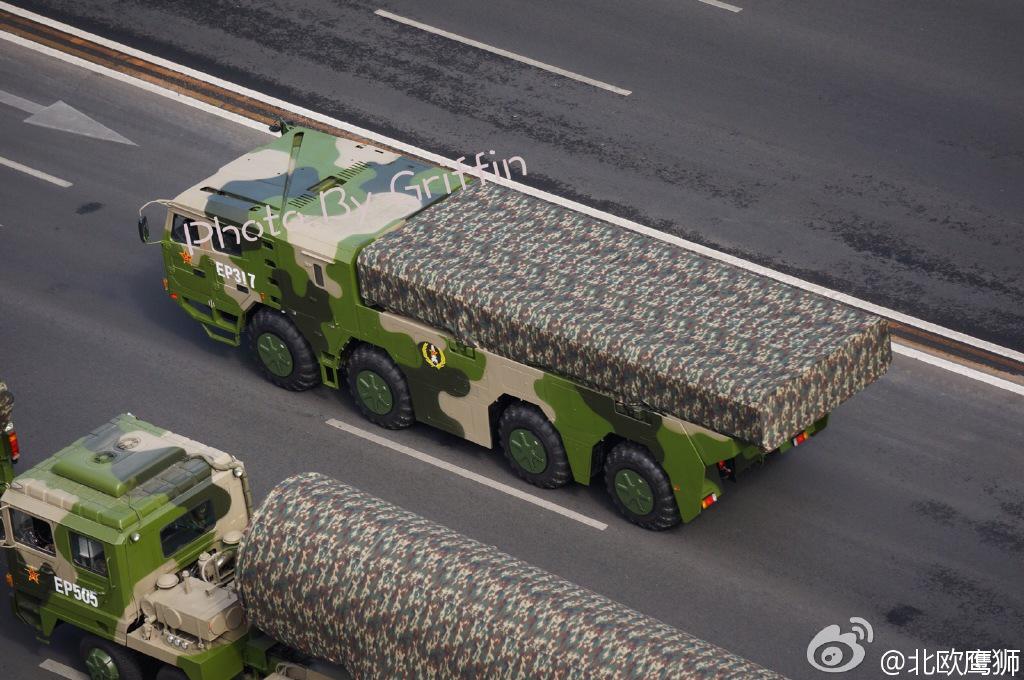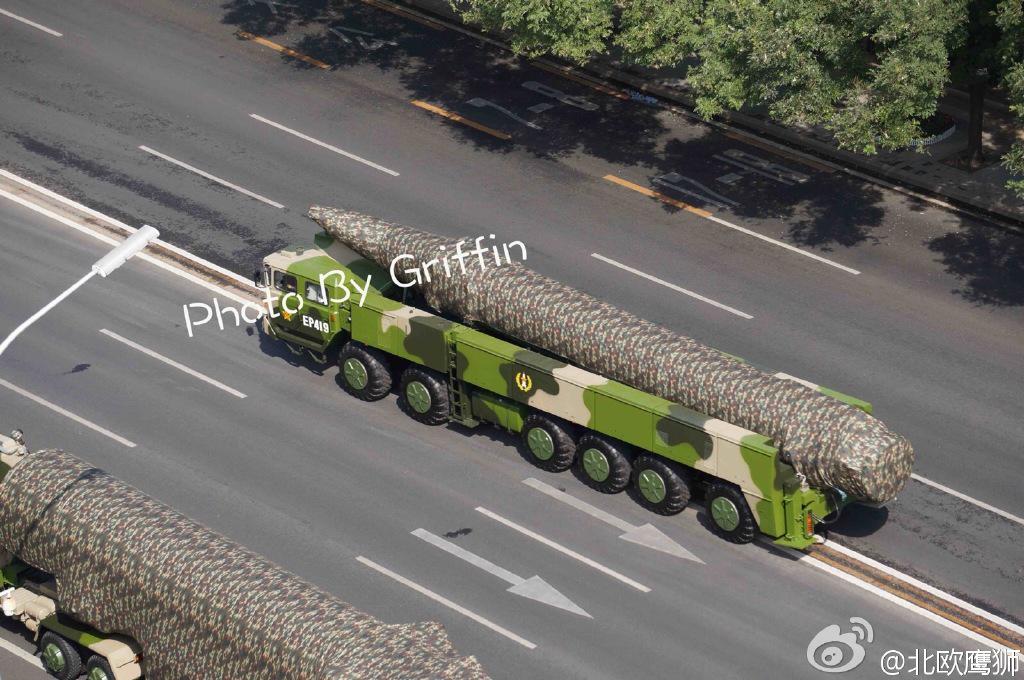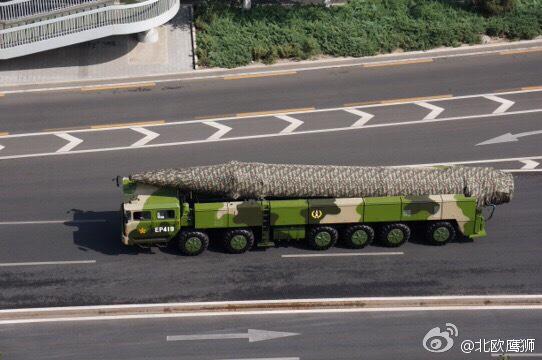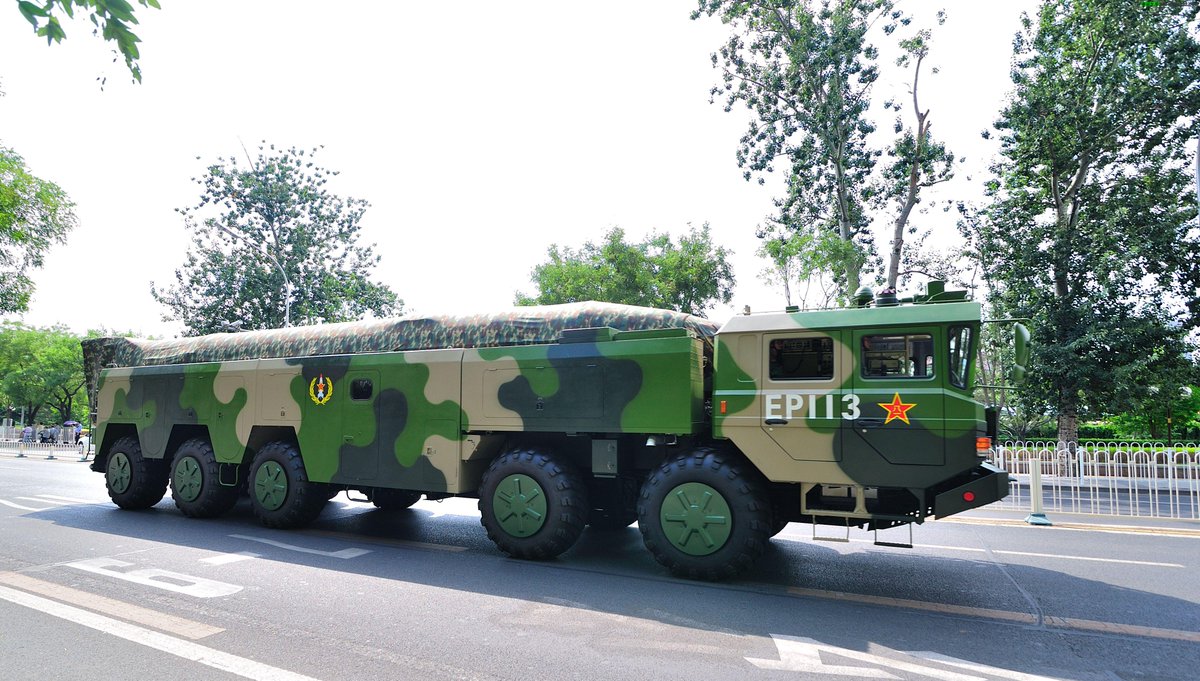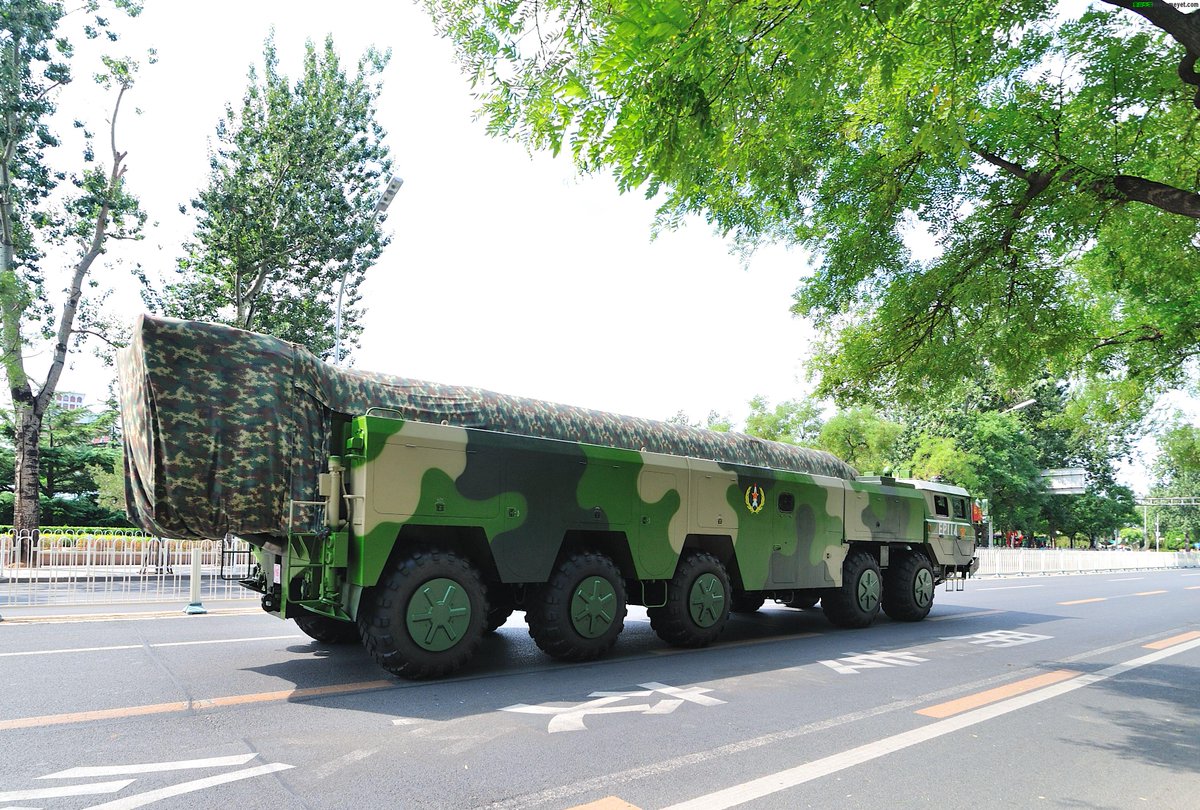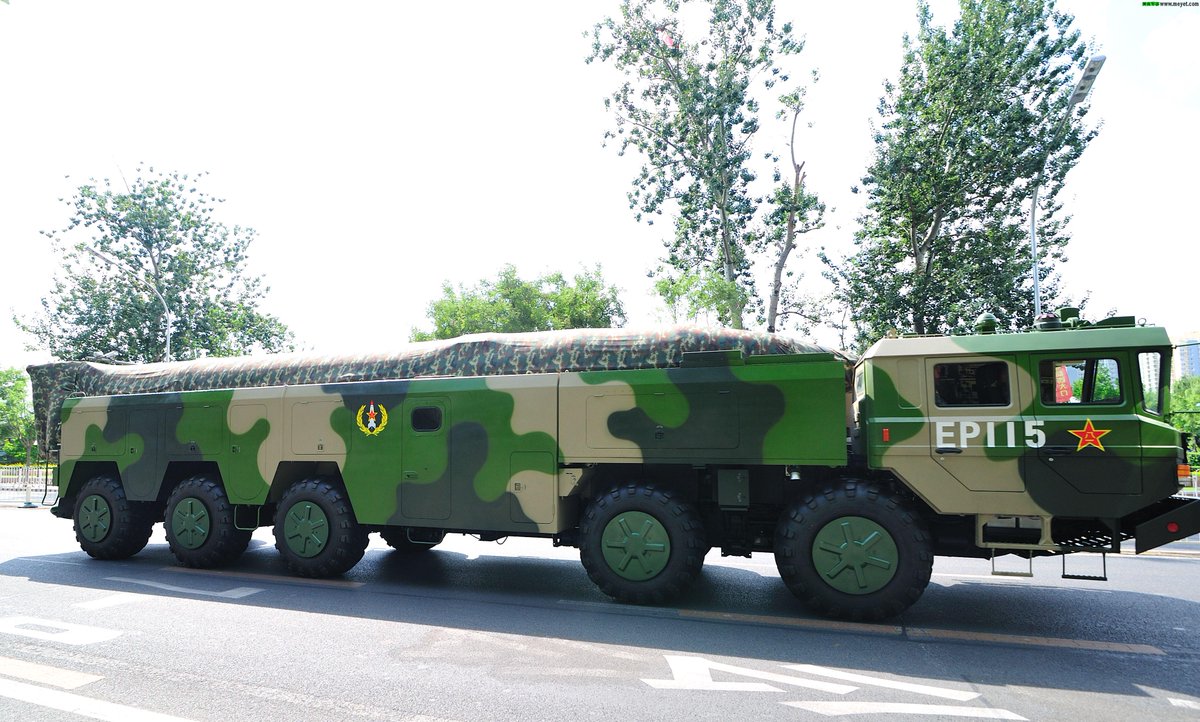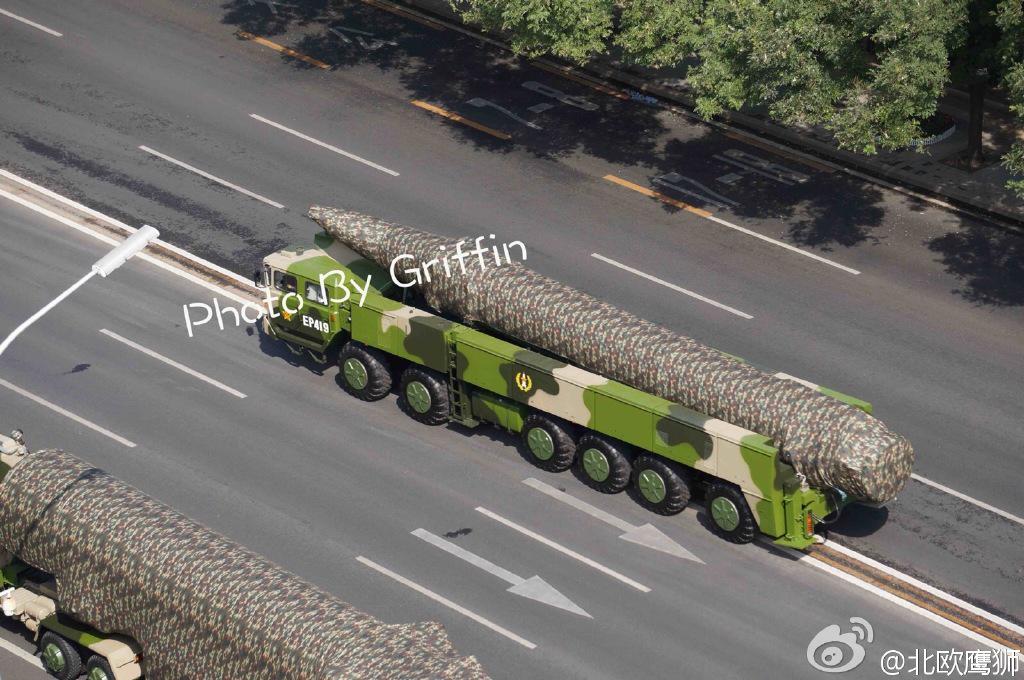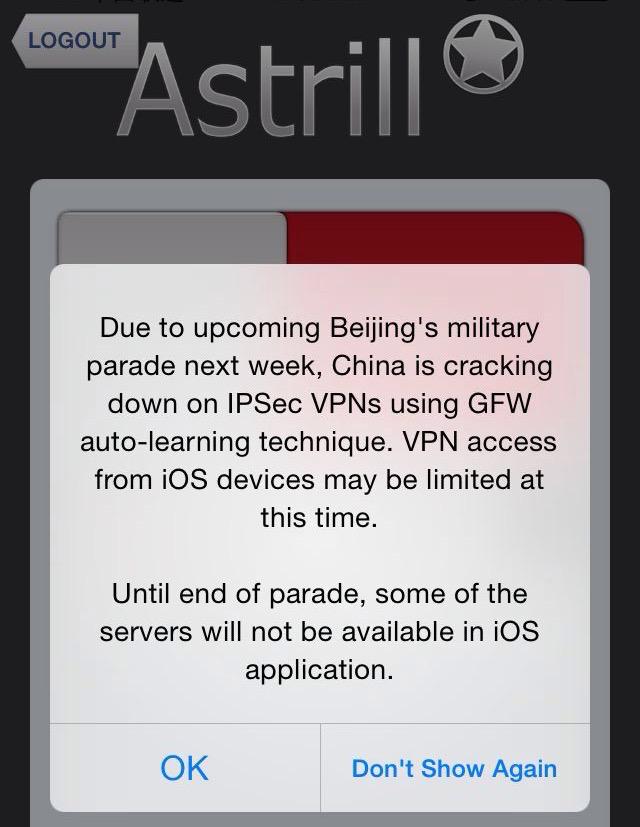(177) 08-01-2015-to-08-07-2015_____****THE****WINDS****of****WAR****
http://www.timebomb2000.com/vb/show...07-2015_____****THE****WINDS****of****WAR****
(178) 08-07-2015-to-08-14-2015_____****THE****WINDS****of****WAR****
http://www.timebomb2000.com/vb/show...14-2015_____****THE****WINDS****of****WAR****
(179) 08-15-2015-to-08-21-2015_____****THE****WINDS****of****WAR****
http://www.timebomb2000.com/vb/show...21-2015_____****THE****WINDS****of****WAR****
___
North Korea 'fires shots' across the border at South Korea
Started by Melodi, 08-20-2015 02:21 AM
http://www.timebomb2000.com/vb/show...-shots-across-the-border-at-South-Korea/page4
China warns NK may already have an arsenal of 20 NUKE warheads; could double by next year
http://www.timebomb2000.com/vb/show...NUKE-warheads-could-double-by-next-year/page5
U.S. Marines "take down" armed gunman on high speed train in France.
Started by Yogizorch, Yesterday 12:01 PM
http://www.timebomb2000.com/vb/show...ot-armed-gunman-on-high-speed-train-in-France.
Main Islamic State (ISIS) thread
http://www.timebomb2000.com/vb/showthread.php?451597-Main-Islamic-State-(ISIS)-thread/page148
Rockets fired from Syria hit Israel today; Israel strikes back; maybe: 41yr CEASEFIRE ENDS
Started by Lilbitsnana, 08-20-2015 10:00 AM
http://www.timebomb2000.com/vb/show...-strikes-back-maybe-41yr-CEASEFIRE-ENDS/page3
ISRAEL heating up again...
http://www.timebomb2000.com/vb/showthread.php?461079-ISRAEL-heating-up-again.../page40
Main Russia/Ukraine invasion thread - NATO: Russian Tanks and Artillery Enter Ukraine
http://www.timebomb2000.com/vb/show...ian-Tanks-and-Artillery-Enter-Ukraine/page427
The Four Horsemen - Week of 08/19 to 08/26
Started by Ragnarok, 08-18-2015 09:42 PM
http://www.timebomb2000.com/vb/showthread.php?473702-The-Four-Horsemen-Week-of-08-19-to-08-26
___
For links see article source.....
Posted for fair use.....
http://apnews.myway.com/article/20150822/lt-venezuela-colombia-border-bd5faf56db.html
Venezuela extends closure of key border with Colombia
Aug 22, 12:56 AM (ET)
By FABIOLA SANCHEZ
CARACAS, Venezuela (AP) — Venezuelan President Nicolas Maduro extended indefinitely the closure of a popular border crossing with Colombia, while declaring a 60-day state of emergency in several western cities in an attempt to reassert control in a notoriously lawless where three army officers were shot.
Maduro earlier in the week announced a 72-hour closure of the normally busy crossing in Tachira state and the deployment of hundreds of additional troops in response to the shooting of three army officers— two lieutenants and a captain — while patrolling for smugglers.
On Friday night he said the Simon Bolivar international bridge would remain closed until the assailants are caught. He says the 60-day state of emergency, which can be extended for another two months, would allow security forces to reassert control over the long-volatile border.
The 1,400-mile (2,200-kilometer) border has long been plagued by violence stemming from Colombia's long-running conflict, the presence of drug-trafficking gangs and now by smugglers of cheap goods from Venezuela.
"We've been discovering a frightful reality about how the criminals and paramilitaries operate. I'm under the obligation to free Venezuela of all this," Maduro said in a televised address Friday night.
Opponents immediately denounced the move as an attempt to distract attention from a deep economic crisis that has led to a collapse in support for Maduro's socialist government. In a statement, the Democratic Unity Alliance called on the international community to take note of what it considers a clear provocation likely to generate economic losses and put at risk voting in December legislative elections.
"The decree of a state of emergency only 109 days before crucial parliamentary elections may be the escape valve used by the government to avoid a defeat that is both imminent and certain," the opposition alliance said.
As part of a government crackdown against contraband, the government already this year has closed the border in Tachira at night, deployed more troops and toughened jail sentences for smuggling. It also rolled out a fingerprint-scanning system to restrict the amount of any single product shoppers can buy.
In total, the government says more than 6,000 people have been arrested for smuggling in the past year and it says more than 28,000 tons of food were seized last year in anti-smuggling operations.
http://www.timebomb2000.com/vb/show...07-2015_____****THE****WINDS****of****WAR****
(178) 08-07-2015-to-08-14-2015_____****THE****WINDS****of****WAR****
http://www.timebomb2000.com/vb/show...14-2015_____****THE****WINDS****of****WAR****
(179) 08-15-2015-to-08-21-2015_____****THE****WINDS****of****WAR****
http://www.timebomb2000.com/vb/show...21-2015_____****THE****WINDS****of****WAR****
___
North Korea 'fires shots' across the border at South Korea
Started by Melodi, 08-20-2015 02:21 AM
http://www.timebomb2000.com/vb/show...-shots-across-the-border-at-South-Korea/page4
China warns NK may already have an arsenal of 20 NUKE warheads; could double by next year
http://www.timebomb2000.com/vb/show...NUKE-warheads-could-double-by-next-year/page5
U.S. Marines "take down" armed gunman on high speed train in France.
Started by Yogizorch, Yesterday 12:01 PM
http://www.timebomb2000.com/vb/show...ot-armed-gunman-on-high-speed-train-in-France.
Main Islamic State (ISIS) thread
http://www.timebomb2000.com/vb/showthread.php?451597-Main-Islamic-State-(ISIS)-thread/page148
Rockets fired from Syria hit Israel today; Israel strikes back; maybe: 41yr CEASEFIRE ENDS
Started by Lilbitsnana, 08-20-2015 10:00 AM
http://www.timebomb2000.com/vb/show...-strikes-back-maybe-41yr-CEASEFIRE-ENDS/page3
ISRAEL heating up again...
http://www.timebomb2000.com/vb/showthread.php?461079-ISRAEL-heating-up-again.../page40
Main Russia/Ukraine invasion thread - NATO: Russian Tanks and Artillery Enter Ukraine
http://www.timebomb2000.com/vb/show...ian-Tanks-and-Artillery-Enter-Ukraine/page427
The Four Horsemen - Week of 08/19 to 08/26
Started by Ragnarok, 08-18-2015 09:42 PM
http://www.timebomb2000.com/vb/showthread.php?473702-The-Four-Horsemen-Week-of-08-19-to-08-26
___
For links see article source.....
Posted for fair use.....
http://apnews.myway.com/article/20150822/lt-venezuela-colombia-border-bd5faf56db.html
Venezuela extends closure of key border with Colombia
Aug 22, 12:56 AM (ET)
By FABIOLA SANCHEZ
CARACAS, Venezuela (AP) — Venezuelan President Nicolas Maduro extended indefinitely the closure of a popular border crossing with Colombia, while declaring a 60-day state of emergency in several western cities in an attempt to reassert control in a notoriously lawless where three army officers were shot.
Maduro earlier in the week announced a 72-hour closure of the normally busy crossing in Tachira state and the deployment of hundreds of additional troops in response to the shooting of three army officers— two lieutenants and a captain — while patrolling for smugglers.
On Friday night he said the Simon Bolivar international bridge would remain closed until the assailants are caught. He says the 60-day state of emergency, which can be extended for another two months, would allow security forces to reassert control over the long-volatile border.
The 1,400-mile (2,200-kilometer) border has long been plagued by violence stemming from Colombia's long-running conflict, the presence of drug-trafficking gangs and now by smugglers of cheap goods from Venezuela.
"We've been discovering a frightful reality about how the criminals and paramilitaries operate. I'm under the obligation to free Venezuela of all this," Maduro said in a televised address Friday night.
Opponents immediately denounced the move as an attempt to distract attention from a deep economic crisis that has led to a collapse in support for Maduro's socialist government. In a statement, the Democratic Unity Alliance called on the international community to take note of what it considers a clear provocation likely to generate economic losses and put at risk voting in December legislative elections.
"The decree of a state of emergency only 109 days before crucial parliamentary elections may be the escape valve used by the government to avoid a defeat that is both imminent and certain," the opposition alliance said.
As part of a government crackdown against contraband, the government already this year has closed the border in Tachira at night, deployed more troops and toughened jail sentences for smuggling. It also rolled out a fingerprint-scanning system to restrict the amount of any single product shoppers can buy.
In total, the government says more than 6,000 people have been arrested for smuggling in the past year and it says more than 28,000 tons of food were seized last year in anti-smuggling operations.
Last edited:







